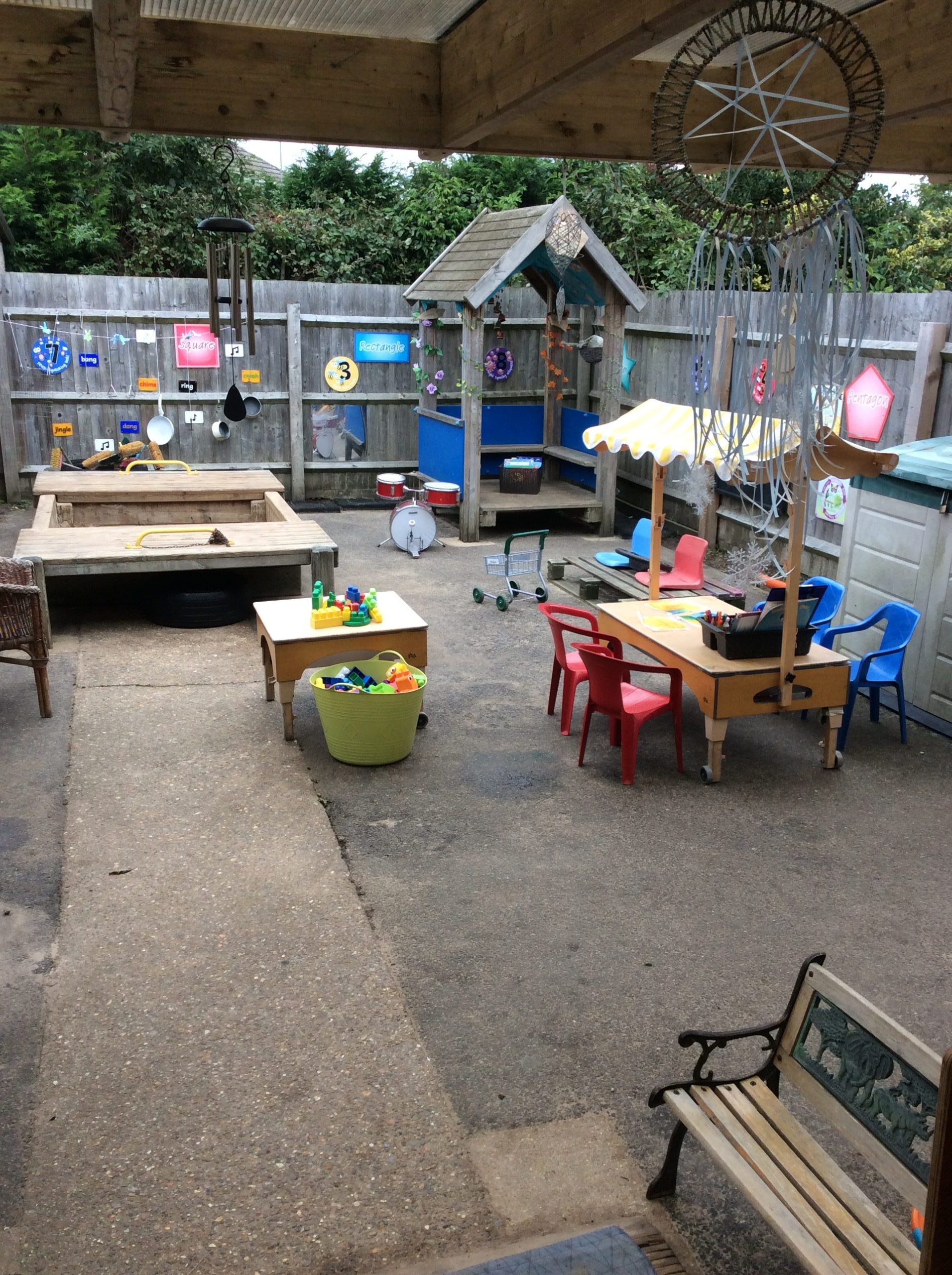
Introduction
Being a parent is a wonderful experience; however, it is not always easy. Supporting young children’s behaviour can be a challenge and sometimes a difficult and stressful time. Some children may exhibit more challenging behaviour than others.
Consistency is the key in managing children’s behaviour.
We want to support all of our families. Please don’t struggle alone.
Be consistent
Try to adopt a consistent approach to behaviour so children can quickly develop their understanding of what is expected. Ensure extended family support you with this to avoid confusion.
Provide positive role models
Children learn from those around them. It is important for them to have positive role models who follow the rules and boundaries themselves e.g. paying attention, listening when someone else is speaking, taking turns, e.g. good manners.
Have clear and realistic expectations
Rules or boundaries that are fair are an important part of daily life. e.g. walking indoors, respecting toys and books.
Positive reinforcement
Positive feedback is the best and most effective way to promote positive behaviour and minimise unwanted behaviour. This encourages the development of self-confidence and self-esteem in young children, which are vital life skills to enable children to be active learners and confident as they grow and develop. Children need to know when they are getting it right through your positive body language, tone of voice, praise, encouragement, attention and treats. Praise your child for their efforts not just the end result.
Prepare them ….
Children often misbehave when their routine is altered and they feel insecure, even if the routine is being altered because of something exciting or novel. Try to prepare your child wherever possible about any changes to their normal routine.
Distraction works wonders
Many young children can be diverted from inappropriate behaviour by giving them focused attention or simply turning their attention to something else. This can often be successful when diverting them to something that they are particularly interested in or a particular favourite toy or resource. Let your child be involved in what you are doing.
Choices
Offering choices can be used to take conflict out of the situation e.g. which chair would you like to sit on at the table
1, 2, 3 magic
When asking your child to do something say: ‘I will count to three and then…’ Give an offer of a positive reward or alternatively a boundary, and ensure you follow through for consistency or this approach will soon become redundant.
Structures and routines
Young children find routines safe and reassuring and are more likely to behave appropriately within structures they feel comfortable with. These need to be flexible and appropriate to the age of the child, e.g. don’t expect them to sit at the dinner table too long.
When our needs are met we feel happy and secure. When they are not met we can feel anxious, insecure and unhappy. Young children can often display unwanted behaviour because they are tired, hungry, want something that someone else has, or cannot communicate their needs.
Young children’s understanding of concepts such as ‘later’, keeping safe or possessions belonging to someone else are still early in the development stage. Your child might hear what you are saying, but may not yet have the knowledge or language skills to fully understand what you are saying.
Young children usually display their frustration through their behaviour as this can be the only way they know.
Providing a positive, safe environment and meeting primary needs will support positive behaviour traits.
All children are unique and develop at different rates. Some may need more support.
This website may help www.challengingbehaviour.org.uk
